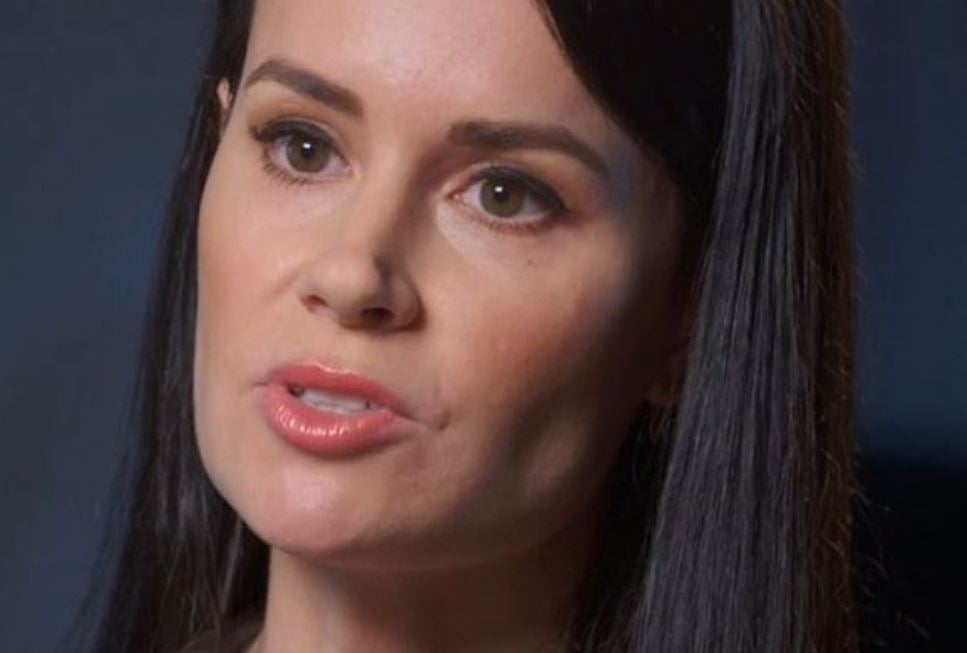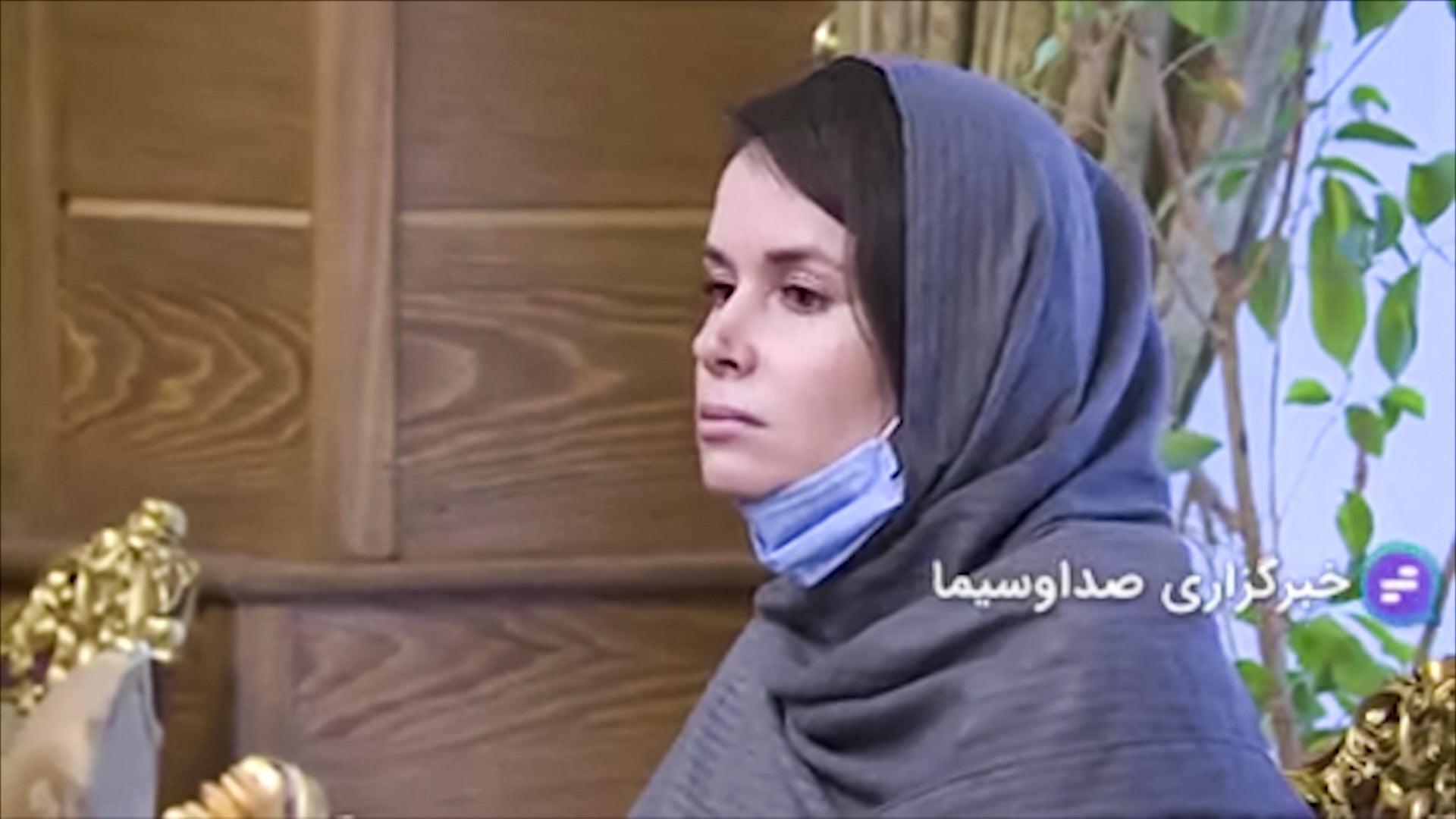Academic jailed in Iran says Australia should have gone public sooner
Kylie Moore-Gilbert said she undertook hunger strikes, contemplated suicide and was beaten by guards during two years in Tehran prison

Your support helps us to tell the story
From reproductive rights to climate change to Big Tech, The Independent is on the ground when the story is developing. Whether it's investigating the financials of Elon Musk's pro-Trump PAC or producing our latest documentary, 'The A Word', which shines a light on the American women fighting for reproductive rights, we know how important it is to parse out the facts from the messaging.
At such a critical moment in US history, we need reporters on the ground. Your donation allows us to keep sending journalists to speak to both sides of the story.
The Independent is trusted by Americans across the entire political spectrum. And unlike many other quality news outlets, we choose not to lock Americans out of our reporting and analysis with paywalls. We believe quality journalism should be available to everyone, paid for by those who can afford it.
Your support makes all the difference.A British-Australian academic has said she faced “psychological torture” by prison guards while imprisoned in Iran, and has suggested the Australian government should have gone public sooner about her ordeal.
Kylie Moore-Gilbert, 33, spent more than two years behind bars in two of Iran’s most notorious jails, including Tehran’s Evin prison, which also held Nazanin Zaghari-Ratcliffe.
Former Cambridge University student Dr Moore-Gilbert was jailed for 10 years on spying charges in September 2018 and released last November in a prisoner-swap deal.
In an interview with Sky News Australia, the former Melbourne University lecturer in Islamic Studies said she believes she would have avoided such a harsh prison sentence if Australia had gone public sooner.
“Had my ordeal been made public, there’s no way I would’ve got 10 years,” she said, adding that once her case was made public around the world, “much greater attention was paid to my health and my condition”.
She added: “The line being run by the government was that trying to find a solution diplomatically behind the scenes with Iran was the best approach for getting me out, and that the media would complicate things and could make Iran angry and piss them off and make things worse for me.”
In the interview, which aired on Australian TV on Tuesday night, Dr Moore-Gilbert said that during seven months spent in solitary confinement she undertook hunger strikes, contemplated suicide, and was interrogated and beaten by guards.

She also said she had rejected repeated approaches from guards and officials to spy for Iran to gain an immediate release.
She accused Iranian officials of wanting to “have their cake and eat it too” by receiving diplomatic concessions from Australia while exploiting her role in academia for espionage.
“I knew the reason they didn’t engage in any meaningful negotiations with the Australians was because they wanted to recruit me,” Dr Moore-Gilbert said.
“They wanted me to work for them as a spy [and said] that if I cooperated with them and agreed to become a spy for them they would free me ... that I could win my freedom [and] make a deal with them.”
Dr Moore-Gilbert also spoke of her devastation on returning to Australia to discover her husband of three years was having an affair. The couple are now estranged.



Join our commenting forum
Join thought-provoking conversations, follow other Independent readers and see their replies
Comments